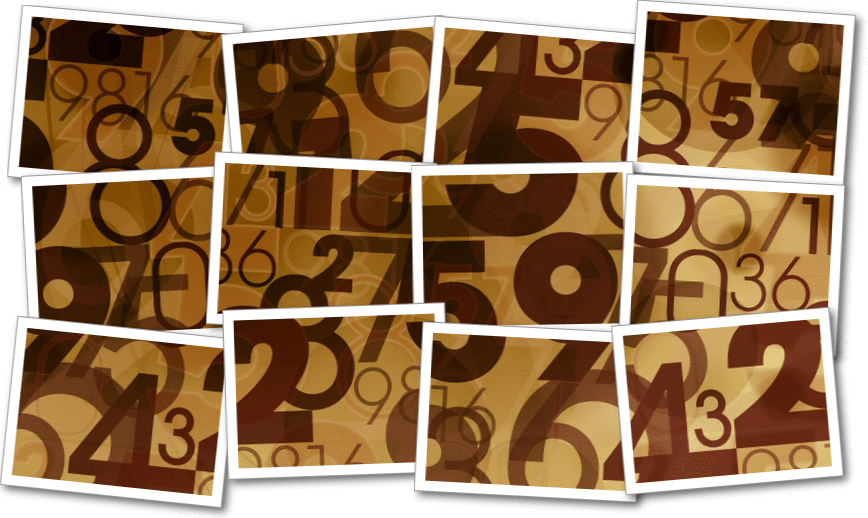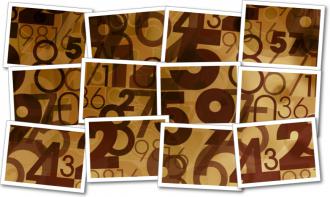How many 5-digit numbers (it...
How many 5-digit numbers (it cannot start with 0) are there that do not contain the numbers 3 and 5, and are multiples of 4?Correct answers: 23
The first user who solved this task is Manguexa Wagle.
#brainteasers #math #riddles


